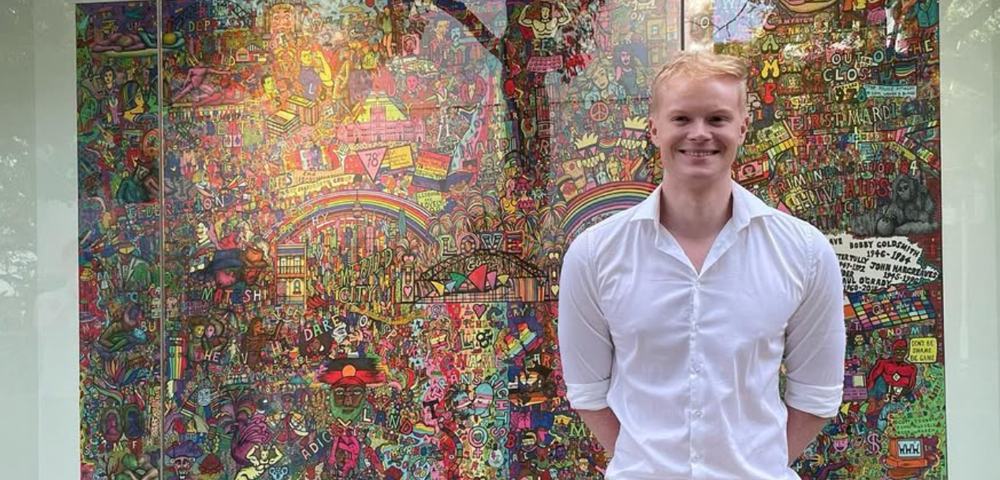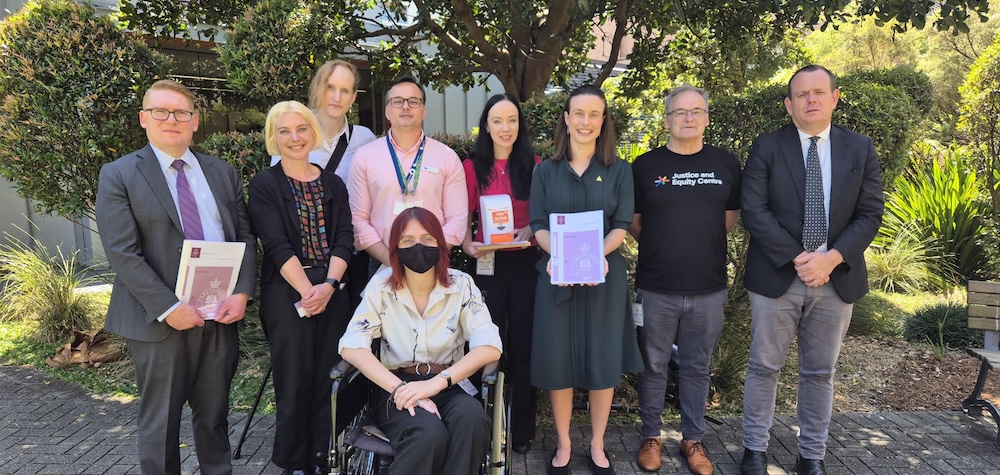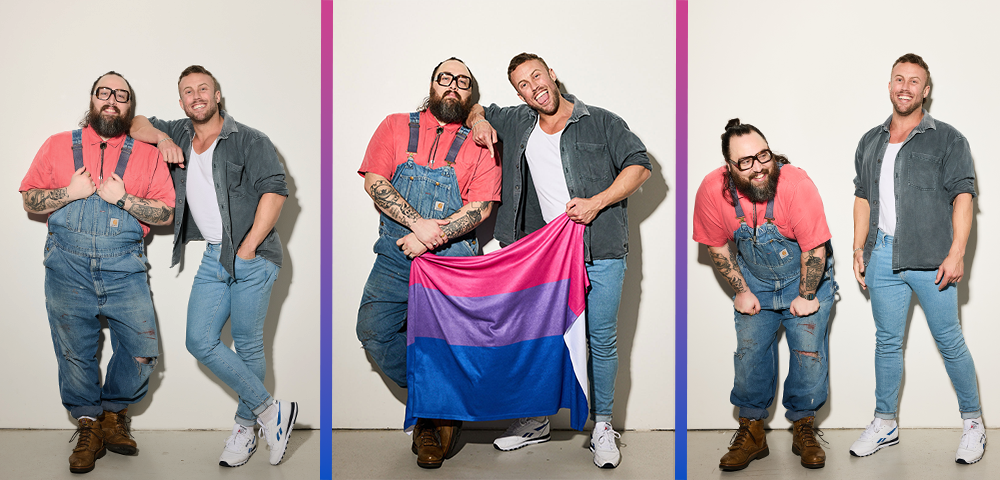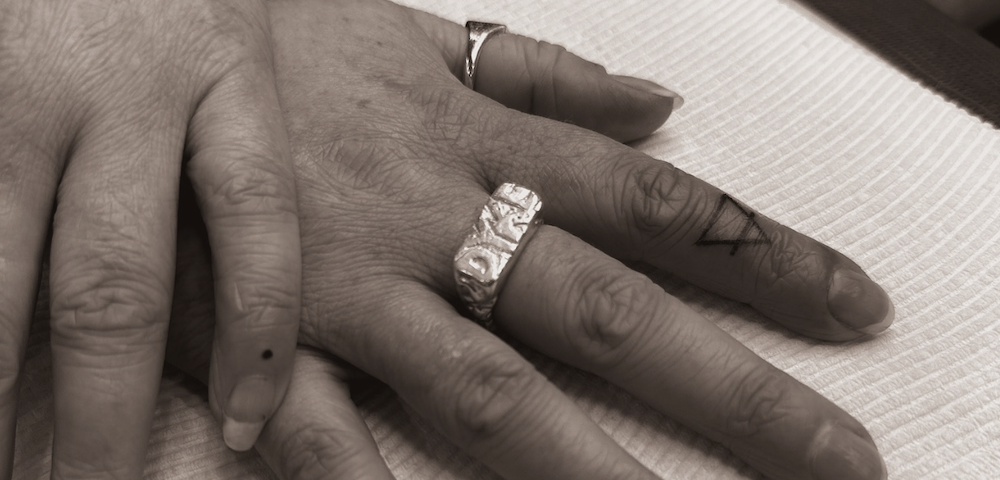
Last fortnight I spoke about the low reporting levels of homophobic crime to Victoria Police, this week I want to talk about the process of reporting and perhaps some of the advantages.
If you are a victim of homophobic crime and the crime has just occurred – that is, the offenders are still there, or have just left – then you should ring 000 and have the police attend the scene.
If the crime is cold – that is, the offenders have gone – the options are different.
The imperative for us to attend the scene of the crime may not be as urgent, unless of course there is evidence at the scene that may be disturbed if police do not secure it.
If the job is cold it is best to call your local police station to seek advice from them about what is the best approach to reporting or investigating the crime.
Depending on what has occurred and the availability of evidence, the police may choose to come and see you, or they may request that you come into the police station.
Attending the police station can quite often be the best approach, we can complete the report accurately and obtain statements where appropriate. We can discuss an investigation plan and appoint the most appropriate investigator.
Victoria Police has a crime screening process to determine who will investigate. Usually the initial report will be undertaken by a uniformed police person, either at the scene, at the police station, or sometimes your home.
At the time of the report the police may also provide you with information about your rights as a victim of crime.
In Victoria we have a Victims Charter, which is a piece of legislation that informs government departments involved in the criminal process of their obligations to victims of crimes against the person.
The Victims Charter does not apply to crimes against property, such as damage or graffiti.
As a victim of a crime against the person (for example assaults or robberies), then there are obligations on the police to you.
The police will ask how informed you wish to remain about the investigation and how you would like to obtain that information. Some people only want to know when the investigation ends, others want to know about any advances.
Victims of crimes against the person will either be given a booklet outlining their rights or information on the back of the crime report.
You can also find information from the Victims Support Agency at the Department of Justice.
The Victims Support Agency can also assist with free counselling and help if you have to attend court as a witness.
As I have discussed in other editions of this column if you are hesitant about reporting to police there are some other options to help.
The gay community’s Anti-Violence Project is a great starting point (antiviolence.info), or you can call a Gay and Lesbian Liaison Officer on (03) 9247 6944.
By Sergeant Scott Davis









